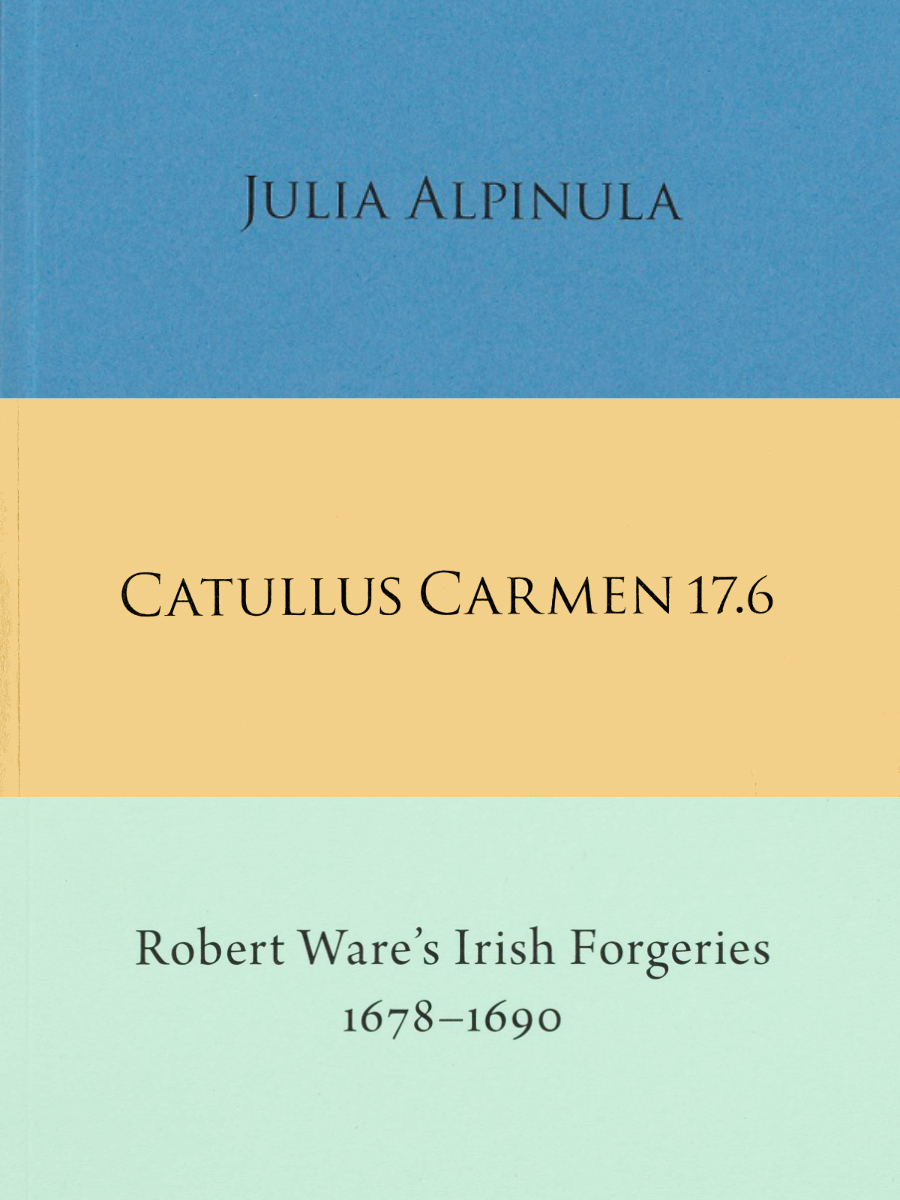lewis vs. the world - review copy
LEWIS, Wyndham.
Men without Art …
London, Cassell & Company Limited, [1934].
8vo, pp. 303, [1]; first few leaves foxed, else a very good copy; publisher’s green cloth, spine sunned, wanting the dustjacket; bookplate of the journalist and broadcaster D. G. Bridson, later a friend of Lewis.
£200
US $257 €236
If you wish to order more than one copy of this publication please make an enquiry. Add to basket Make an enquiry
Added to your basket:
Men without Art …
First edition; Lewis takes on and demolishes Hemingway, Faulkner, and Woolf. Bridson reviewed the book in The Criterion in January 1935, pp. 335-337.
Pound & Grover A21a; Morrow & Lafourcade A22.

